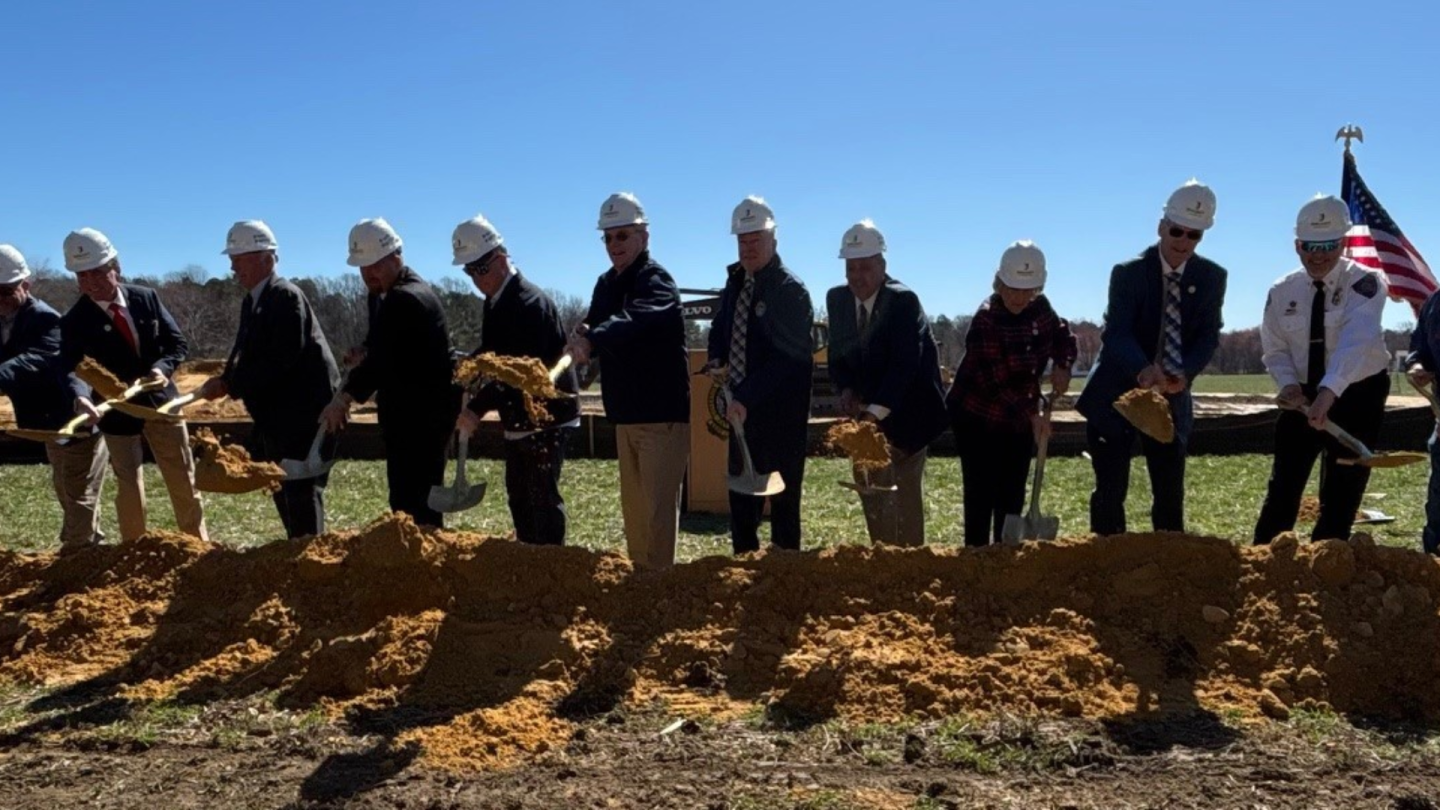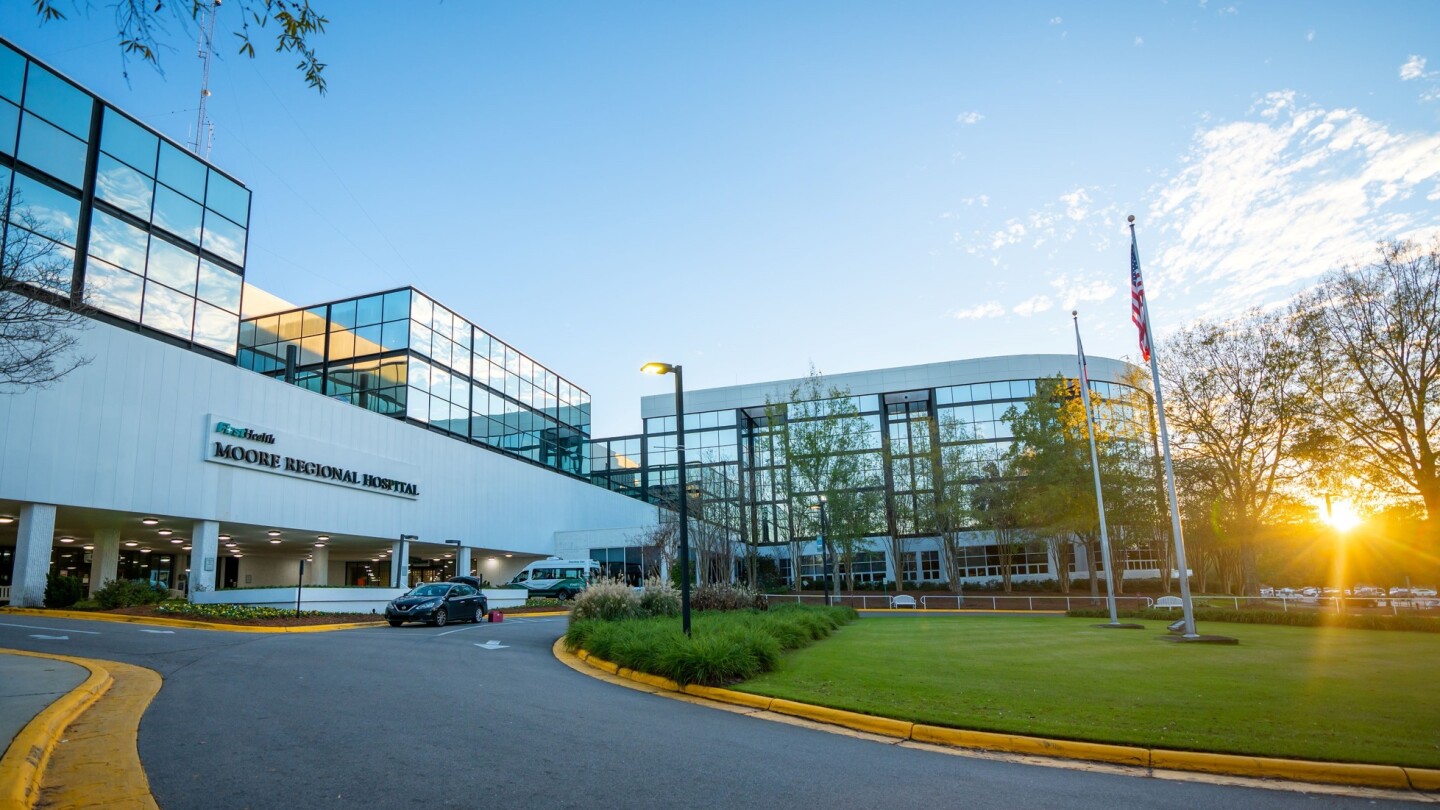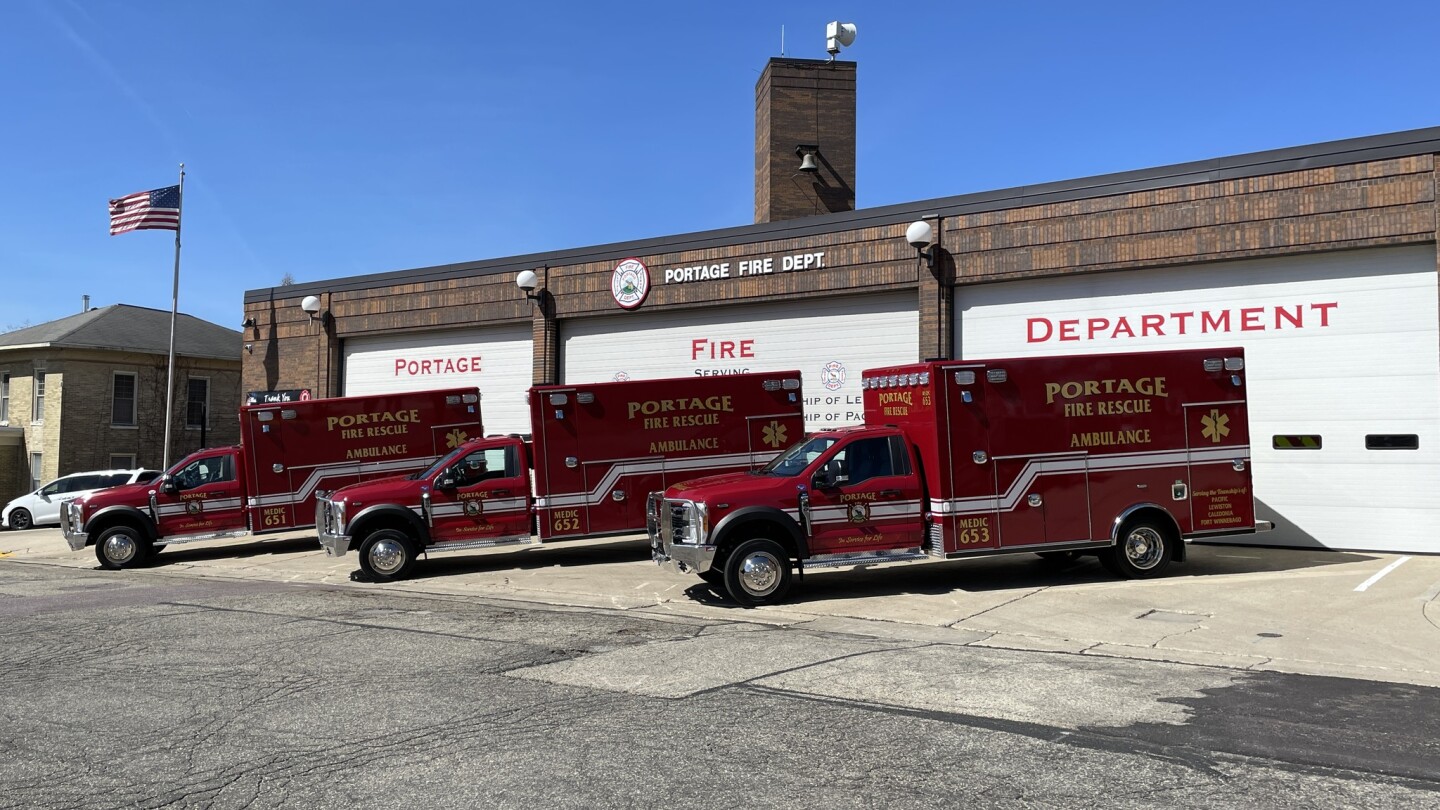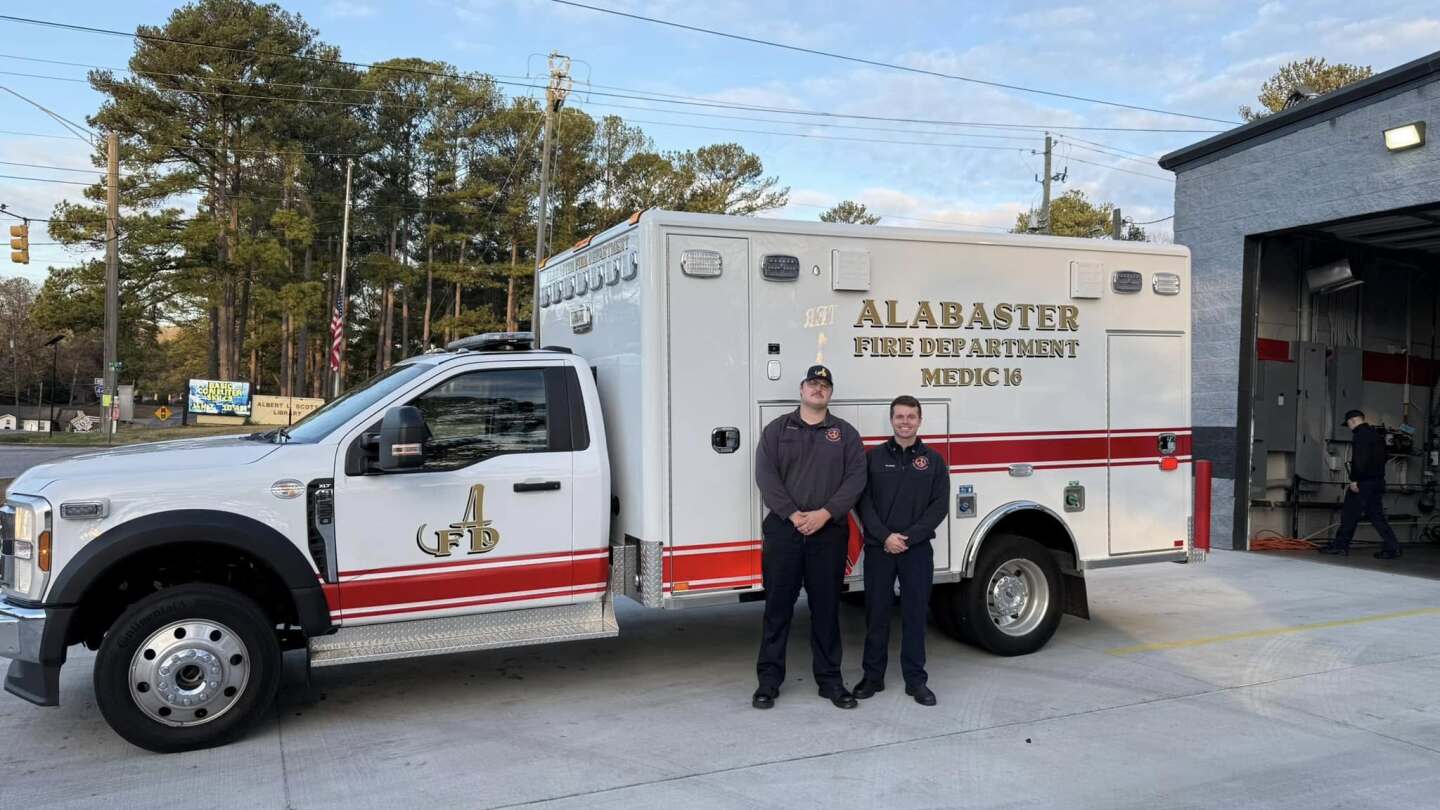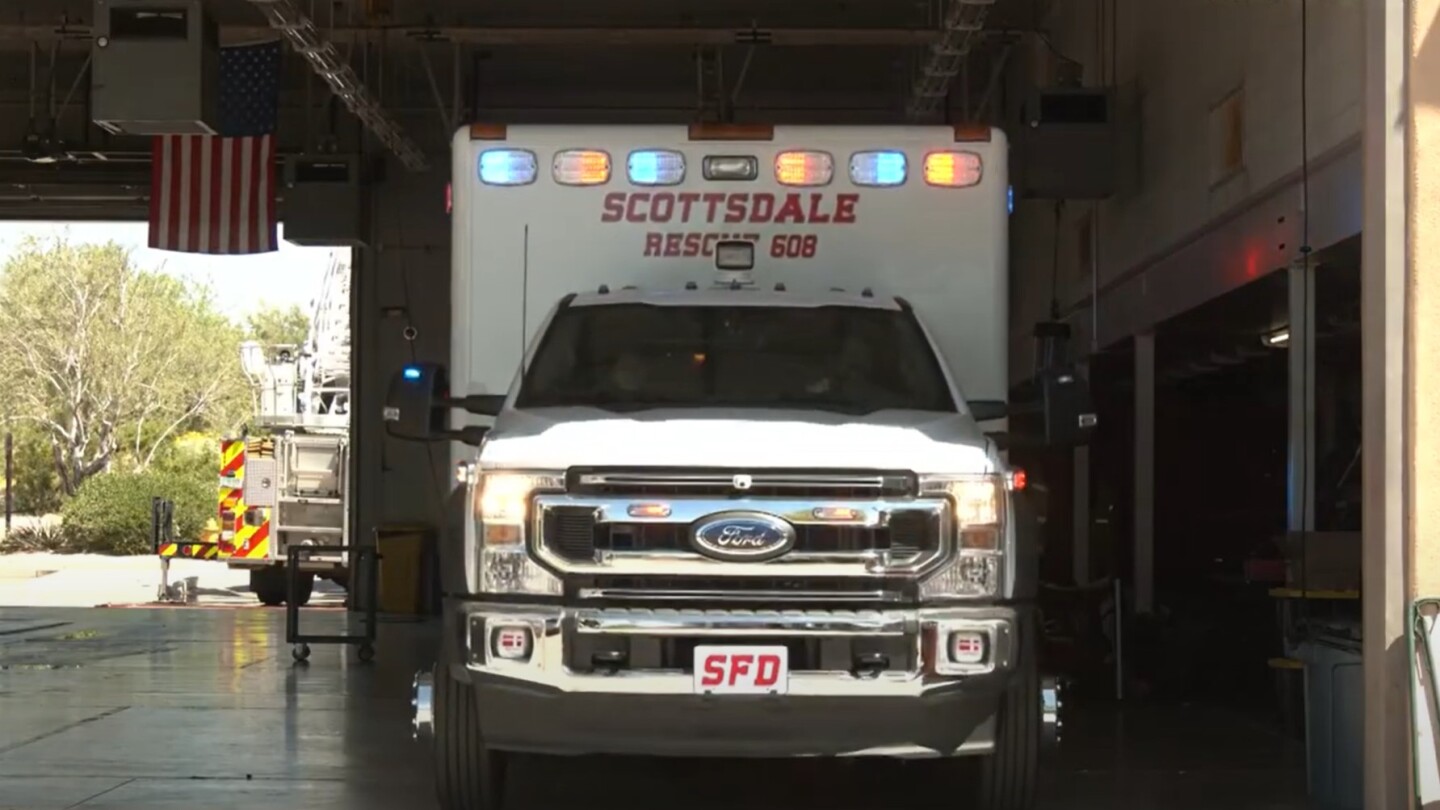Response Times
This episode reveals data-driven insights into tiered response models, community funding wins, and the growing role of local stories in national EMS advocacy

EMS Trend Survey seeks input for What Paramedics Want in 2025 report
The state-of-the industry survey focuses on wellness, career development and satisfaction in EMS
Embracing smarter, more effective strategies to keep pace with the evidence-based advancements reshaping our profession
After being fined for slow responses in mid-2024, Decatur-Morgan Hofor two consecutive quarters with over 90% of calls answered within nine minutes
The closure of Northern Light Inland Hospital is straining emergency services in Waterville, raising concerns that the region’s already-stretched mutual aid system could be pushed to its limit
Troy officials are weighing a $4 to $5 million plan to launch city-run EMS, arguing it could cut response times and reduce long-term costs
Two new EMS stations in Harrington and Frederica, expected to cost around $5 million, aim to improve emergency response times in the region
As Ann Arbor prepares to rebuild Fire Station 4, an ambulance shuffle between stations aims to maintain emergency coverage during the 14-month project
AMR opens new Lodi station to cut response times and meet rising demand in northern San Joaquin County
Lee County EMS responded to over 10,000 calls in 2024, maintaining an impressive average response time of 6.92 minutes, well below the 8.59 goal, ranking among the top FirstHealth-served counties
Morgan County cut ambulance dispatches to Monroe County after non-emergency calls strained local resources, reducing responses by 85% since 2022
Albuquerque Fire Rescue Chief Emily Jaramillo said the plan to have two medics on ambulances hinders efforts to increase overall paramedic coverage citywide
Indiana Attorney General Todd Rokita is seeking the dissolution of the Dillsboro Emergency Ambulance Unit due to declining responses
The Paoli Fire Company had been studying the need for an EMS substation and took advantage of a roadway project to start the service
The responders said in a report that they were hungry a fatigued; a firefighter/EMT involved in the case has been fired
Officials in Fayette County and Somerset County agreed to a change after a patient died 3 miles from the closest EMS department
A survey of Chippewa County EMS agencies finds that more than half believe they will have trouble with staffing, call volume and transport times next year
The Portage Fire Department launched its own service with 21 new hires and three new ambulances
The Alabaster fire chief said there have been times when patients had to wait 45 minutes or more for a third-party ambulance service
The Falfurrias Volunteer Fire Department will use funding from an Operation Lone Star grant to put more EMTs on the street
Two Flat Rock EMTs were immediately fired after an investigation found they did not contact medical control due to the patient’s disorientation
“Our current standard is unrealistic,” Denver Department of Public Safety Executive Director Armando Saldate said after an 11-month review of call takers and response times
Scottsdale previously relied on Maricopa Ambulance before spending approximately $1.5 million to create the fire department’s ambulance service
Honolulu city officials call for a study to be done on the merger of paramedics into the fire department following a survey of EMS personnel
Decatur Morgan Hospital’s ambulance service began operations two years ago after the hospital outbid Lifeguard Ambulance
College Park officials said the teen was transported to the hospital by her mother after a Grady EMS ambulance did not arrive
Rivian EV trucks staffed with paramedics will respond across the city and will not be based at any individual station
The Rhode Island Department of Health and hospital officials initially agreed to an eight-week trial as the practice of diversions is not reducing ED overcrowding
Decatur Morgan Hospital EMS appealed an earlier fine in July for failing to meet the city’s requirement
MOST POPULAR
- Ill. ambulance service threatens to pull out of city over proposed fine ordinance, second service
- Ore. county failed to fine AMR over earlier response times
- Atlanta to use electric EMS quick response units to reduce response times
- Tenn. FD places ‘squad response trucks’ in service for EMS calls
- ‘We’re all gonna die': EMS director’s disregard to question on slow response times surprises Tenn. officials







